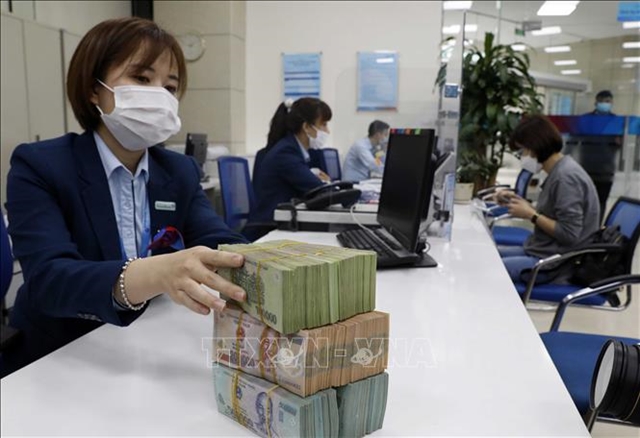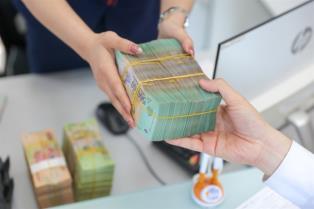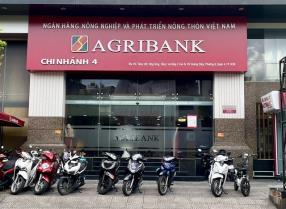The upcoming signing of the Hanoi Convention on Cybercrime on October 25–26 highlights Việt Nam’s proactive role in promoting a secure digital environment.

HÀ NỘI — Following a recent data breach at the National Credit Information Centre (CIC) and a surge in online scams, Vietnamese banks are stepping up cross-sector collaboration to protect financial data.
The upcoming signing of the United Nations Convention against Cybercrime in Hà Nội, known as the Hanoi Convention, on October 25–26, highlights Việt Nam’s active role in building a secure and transparent digital environment, including for the banking sector.
The CIC incident, involving data of 52 million individuals and over 1.2 million businesses, served as a wake-up call about data breach risks. With 87 per cent of adults holding bank accounts and nearly 90 per cent of transactions conducted digitally, even a small system vulnerability could trigger widespread market disruption.
Vũ Ngọc Sơn, head of the Research, Consulting, Technology Development and International Cooperation Department at the National Cybersecurity Association, identified five key factors driving attacks on financial institutions: technical loopholes, human error, supply-chain vulnerabilities, regulatory differences and insufficient cybersecurity investment.
Fraud tactics are increasingly sophisticated, ranging from impersonating authorities or banks to fake investments and mobile device hijacking.
According to the Department of Cyber Security and High-Tech Crime Prevention under the Ministry of Public Security, Việt Nam recorded over 100,000 cybercrime cases in 2024, including 29,000 ransomware attacks, causing an estimated VNĐ12 trillion (US$456 million) in online losses. These figures underscore that banks face mounting pressure as frontline defenders.
In response, the State Bank of Vietnam issued Official Letter 7936/NHNN-CNTT, directing credit institutions and foreign bank branches to strictly comply with regulations on information security and data protection, holding unit heads legally responsible for any cybersecurity breaches.
The SBV is working with the Ministry of Public Security to build a database of suspicious accounts and trial a real-time scam alert system in customer apps. Commercial banks have invested in technology infrastructure, biometric authentication, transaction encryption and AI monitoring systems.
Experts stress, however, that isolated efforts are insufficient without a unified coordination framework.
To address this, the Vietnam Banks Association (VNBA) introduced a Handbook on coordination to support handling of risks related to suspected fraud, forgery and scams.
Nguyễn Quốc Hưng, VNBA’s Vice Chairman and General Secretary, said the handbook aims to create a unified coordination mechanism among banks, allowing suspicious transactions to be automatically traced and promptly frozen.
The Bank for Investment and Development of Vietnam (BIDV) proposed a standard rule that suspected fraudulent funds should not be returned, even if the account holder requests closure, to ensure consistent handling and transparency.
The Vietnam Bank for Industry and Trade (Viettinbank) suggested linking bank data with the Ministry of Public Security to speed up tracing of fraudulent accounts and extend monitoring to e-wallets.
Hoàng Ngọc Bách from the Department of Cyber Security and High-Tech Crime Prevention said the handbook is a historic first, creating a unified bank-investigator procedure and emphasised the need for rapid response and data sharing immediately after a fraud report.
Given cross-border cybercrime, domestic measures must accompany international cooperation. The Hanoi Convention, the UN’s first global cybercrime legal instrument, enables data and evidence sharing while aligning Việt Nam’s laws with international standards.
Beyond security, it also offers opportunities to attract foreign investment in cybersecurity, a key pillar of national digital transformation.
Together, the Hanoi Convention, the VNBA handbook, and banks’ technological and human resource investments form a threefold framework that strengthens Việt Nam’s financial security against high-tech crime. — VNA/VNS





